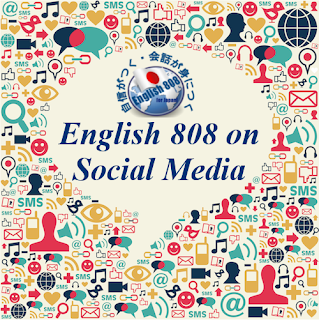Here is a common mistake that I hear from my Japanese students:
A: "Your sandwich looks delicious. Good taste?" ~ おいしそうだね。味がいい?
B: "Yes, it's delicious." ~はい、おいしです。
この英語が不自然だ! This is NOT natural English! I NEVER ask "Good taste?" Please read the next example:
A: "Your sandwich looks delicious. Is it tasty?"
B: "It's great! Have a bite!"
Got it? 分かった?
Tasty? (Is it tasty?) CORRECT























